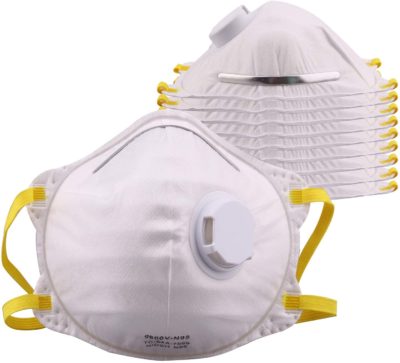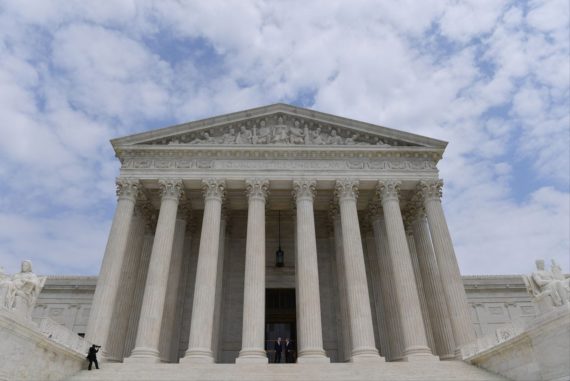(4-13-20) PBS will premier two separate and important documentaries tonight and tomorrow at 10 p.m. EST about mental illness in America.
BEDLAM will trace the history of mental health treatment (or lack thereof) in America. At 2 p.m. EST today, the documentary’s director will host a Facebook discussion about mental health care that will feature Daniel H. Gillison, Jr. the CEO of the National Alliance on Mental Illness. You can participate by signing up here.
Tuesday night, 4-14-20, PBS will show The Definition of Insanity, an eight part series that reveals how Miami Dade County, Florida, has transformed itself from a hellhole of misery into a national model when it comes to jail diversion, Crisis Intervention Team Training, and other mental health services.
I’m especially interested in The Definition of Insanity because two advocates, whom I greatly admire, are responsible for the series and because my book, CRAZY: A Father’s Search Through America’s Mental Health Madness, exposed the barbaric conditions that were in the Miami Dade jail back in 2006.
Judge Steven Leifman, who was responsible for getting me into that jail, has become a nationally recognized expert on how communities can better deal with individuals when they become entangled in the criminal justice system. Norman “Norm” J. Ornstein, who you might have seen on television offering expert commentary as an American political scientist and resident scholar at the American Enterprise Institute, a Washington D.C. conservative think tank, collaborated with Judge Leifman and is a major financial backer of the series.
Ornstein created the Matthew Harris Ornstein Memorial Foundation Inc., after his 34 year-old son who died from carbon monoxide poisoning in 2015. Matthew fell asleep in a tent with a propane lantern emitting toxic fumes – an accident — but his death was shaped by a lack of judgment driven by his 10-year struggle with mental illness, his father said.
More than 360,000 individuals with diagnosed mental illnesses are currently in our jails and prisons, and 2.2 million are booked into jails each year. What Judge Leifman has demonstrated and the Ornstein PBS series poignantly documents, is how our communities could dramatically reduce that number and help people recover while saving tax dollars!








